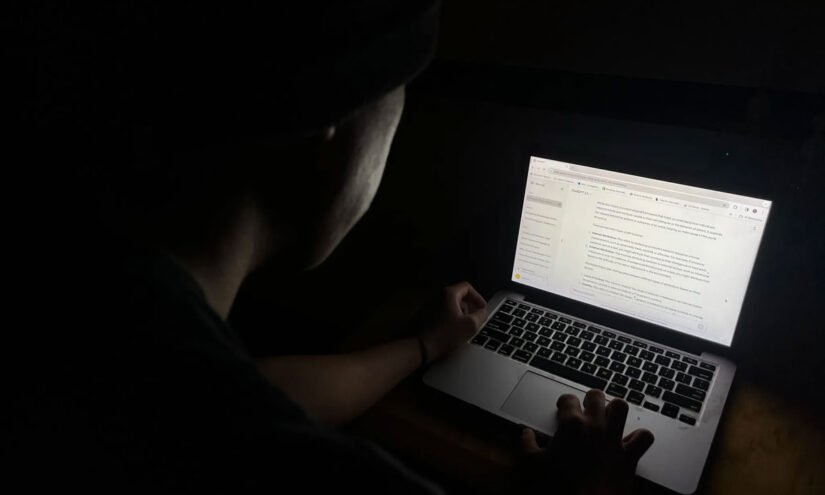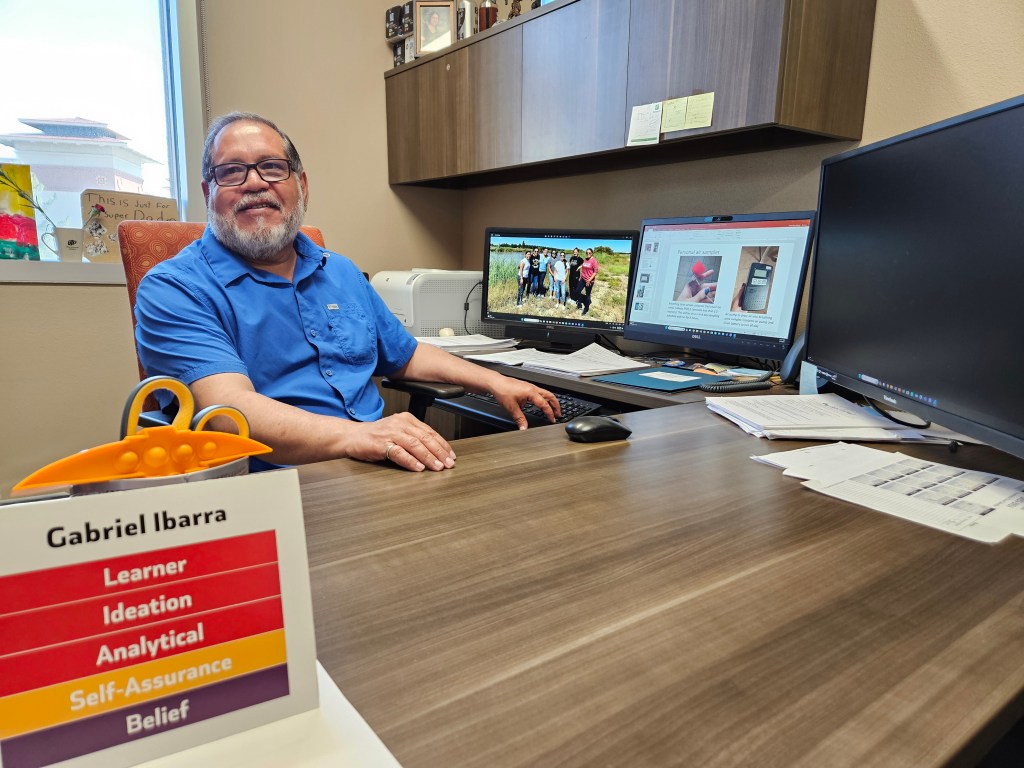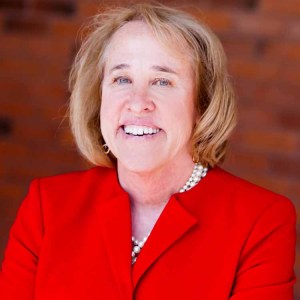During this summer, a team of students from MIT embarked on a journey to the sou …
University of Texas at El Paso to Utilize Faculty Survey Findings in Developing AI Strategy
Jennifer Livingstone

A team from the University of Texas at El Paso is set to carry out a survey in the upcoming spring to gather data that will assist UTEP instructors in tackling the increasing capabilities and complexities of artificial intelligence, specifically ChatGPT.
According to Jeff Olimpo, the director of the campus’s Institute for Scholarship, Pedagogy, Innovation, and Research Excellence, the objective of this research is to evaluate educators’ knowledge of AI and their willingness to integrate this technology into their teaching.
Using this information, the InSPIRE team will launch a comprehensive approach that spans from basic tutorials to advanced concepts to enhance teaching methods, including ways for students to leverage AI in their respective fields of study.
This initiative follows the spring 2023 workshops conducted by InSPIRE, which resulted in the introduction of ChatGPT guidelines at the university. Subsequently, the team incorporated additional concepts from both within and outside the University of Texas System.
“We essentially created a Frankenstein-like creation, in a way,” noted Olimpo.
The updated guidelines now provide recommendations on what should be included in syllabi concerning the permissibility of AI—whether it is prohibited, allowed, or allowed with restrictions. Additionally, a “Teaching with AI Technologies” guide was crafted, featuring a FAQ section that covers AI constraints and outlines steps if a student is suspected of using AI without proper attribution. This information was shared with faculty members in January following approval from John Wiebe, the provost and vice president for Academic Affairs.
Olimpo described the guidelines as “concise, easy to understand, and accessible,” emphasizing that educators retain the autonomy to determine the best approach for their classes.
In response to the university’s recommendations, Gabriel Ibarra-Mejia, an associate professor of public health sciences at UTEP, acknowledged the integration of ChatGPT into the educational landscape and expressed intentions to support its utilization to a certain extent.
The professor permits students to leverage ChatGPT in their assignments as long as they acknowledge its use and provide justification, such as for outlining or improving grammar and coherence. However, his primary concern lies in preventing AI from displacing students’ original thoughts and knowledge, particularly those training to be future healthcare professionals.
“I’m particularly worried about the potential replacement of critical thinking,” highlighted Ibarra-Mejia, recounting instances where student responses seemed disconnected from the posed questions, hinting at potential AI involvement. “I’m worried that the content I receive from students might be attributable to ChatGPT.”

Melissa Vito, the vice provost for Academic Innovation at UT San Antonio, noted that AI has been a longstanding presence, with ChatGPT representing a natural progression. She is organizing an AI conference for UT System institutions at her campus this week.
“The prevailing sentiment in higher education is that educators must embrace AI, while students should comprehend and harness its capabilities,” elaborated Vito.
Back in 2021, members of Forbes Technology Council concurred that AI’s impact would be widespread across industries, singling out sectors like logistics, cybersecurity, healthcare, R&D, finance, advertising, e-commerce, manufacturing, public transit, and media/entertainment as key beneficiaries.
A research report from OpenAI, the developer of ChatGPT, released in March 2023 revealed that around 80% of U.S. workers could witness at least a 10% influence on their work routines attributable to GPT, with 19% potentially experiencing a 50% impact. These changes are anticipated across all income brackets.

Regarding any UT System directives mandating ChatGPT use, Vito mentioned that institutions aim to equip faculty with adequate knowledge to elucidate its applications to students. Collaboration with the AI industry is seen as crucial in navigating issues such as data privacy, potentially altering access and utilization.
Pointing to the partnership between Arizona State University and OpenAI announced in January, Vito emphasized the drive to introduce advanced AI capabilities that will aid faculty and staff in exploring generative AI’s potential for creating diverse content in response to prompts.
The AI conference at UTSA serves as a platform for administrators, faculty, staff, and students with varying AI expertise to exchange insights and establish a framework for leveraging generative AI effectively within the UT System’s academic and social spheres.
Marcela Ramirez, the associate vice provost for Teaching, Learning & Digital Transformation at UTSA, played a pivotal role in crafting the conference’s workshops and panel dialogues featuring representatives from sister institutions. These sessions delve into ethical AI use, practical implementations, and how AI can bolster students’ critical thinking and problem-solving abilities.
Ramirez, a two-time UTEP alumna completing her BBA in 2008 and MBA in 2013, indicated that the content will assist faculty in infusing AI into their courses, while also apprising students of AI’s present limitations and future prospects.
“What lessons have we gleaned?” pondered Ramirez, reflecting on her over a decade at UTEP. “What lies ahead?”

